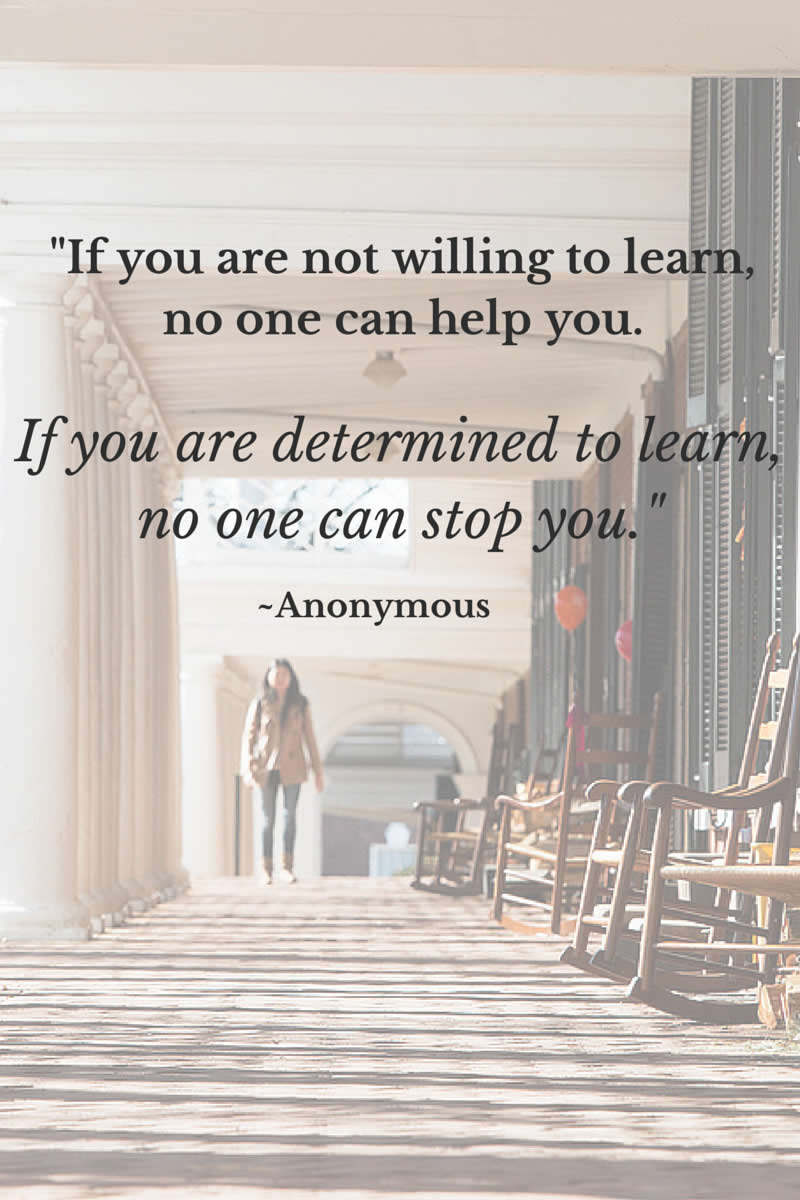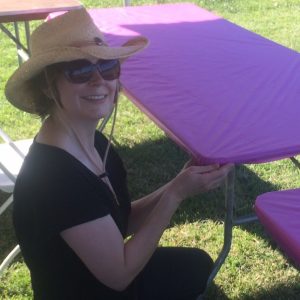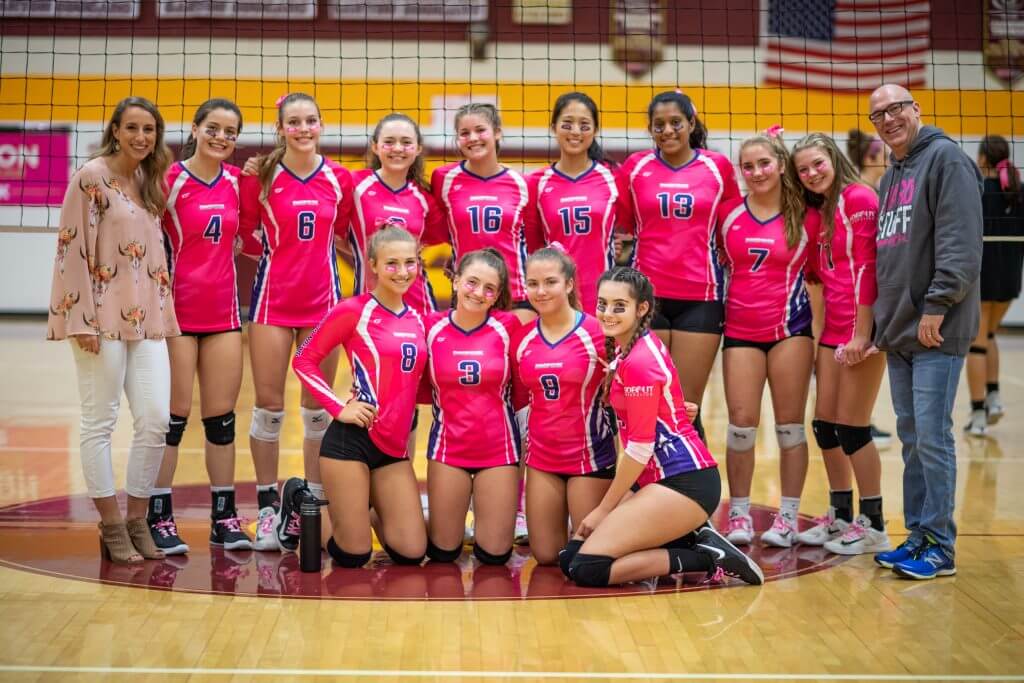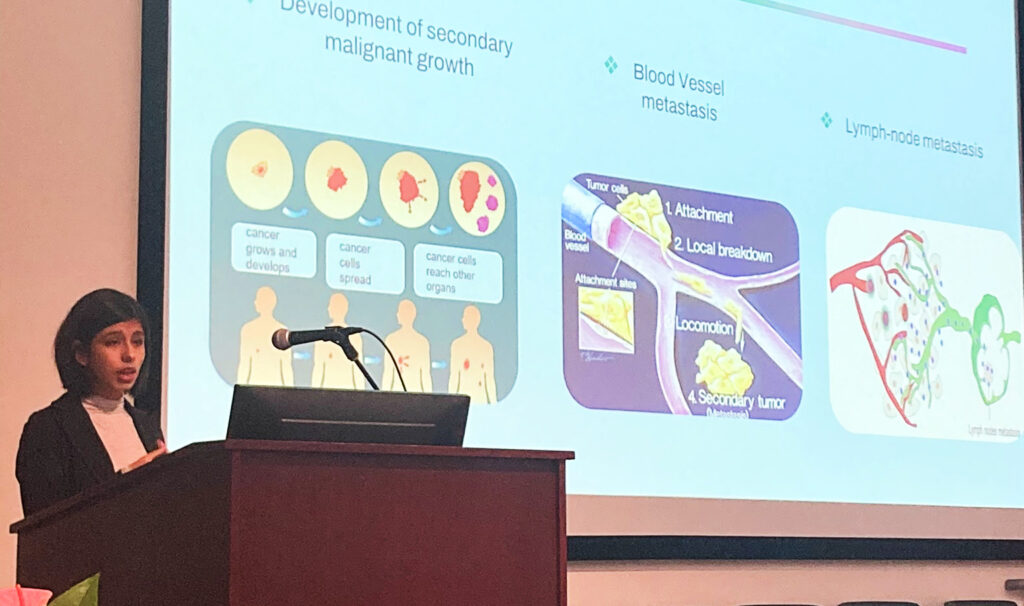October is Breast Cancer Awareness Month. I think most people with access to media are aware of this. If someone is “aware” of something, they have knowledge about it. Sometimes though, awareness of the existence of something isn’t enough.
Well-meaning supporters speak to the importance of breast cancer awareness, they wear pink and they raise money, but are they truly aware of the disease? When the breast cancer awareness movement first began, it accomplished a very important task: it sparked a conversation. Breast cancer was no longer a taboo subject. Over the years, however, it feels like pink has overtaken knowledge; anyone can buy a pink item and say they support breast cancer awareness.
I would argue that pink isn’t the problem. Color unites teams, and I don’t see anything wrong with using it to unite those supporting a cause. When  people concentrate solely on the color though, that is a problem. Wearing pink to support breast cancer awareness isn’t enough today. To say that we have accomplished something with the breast cancer awareness movement, we need supporters to understand that the disease has various stages, that there are different types of breast cancer, that men get breast cancer, that early detection does not guarantee a cure, that most cases of breast cancer are not linked to family history and that some patients will never be free of their breast cancer (just to mention a few important facts).
people concentrate solely on the color though, that is a problem. Wearing pink to support breast cancer awareness isn’t enough today. To say that we have accomplished something with the breast cancer awareness movement, we need supporters to understand that the disease has various stages, that there are different types of breast cancer, that men get breast cancer, that early detection does not guarantee a cure, that most cases of breast cancer are not linked to family history and that some patients will never be free of their breast cancer (just to mention a few important facts).
The last one is perhaps the most pressing amid the pink. Patients with stage 4 (metastatic breast cancer) feel marginalized by the focus on pink, the word “survivor”, the misperception that catching breast cancer early will save your life and the fact that less than 2% of breast cancer research funding goes toward stage 4 breast cancer research. Pam Schmid wrote a wonderful piece about “the invisible breast cancer patient”: “But You Look So Good, how could you be dying?”. Her short article can provide you with more awareness than a comprehensive list of breast cancer facts.
It is truly wonderful that breast cancer is no longer a topic patients and families are discouraged from discussing, but to say you are aware of the disease should not just mean you know it exists. Educate yourself and use your knowledge to educate others. Don’t rely on a quick list of statistics or facts. Spend time reading blog posts by patients and caregivers, search for the latest news about the disease and if possible, talk to medical experts in the field. It is always possible to create change; I challenge you to truly learn about breast cancer and to share your new awareness with others. And remember, “A small group of thoughtful people could change the world. Indeed, it’s the only thing that ever has” (Margaret Mead).




